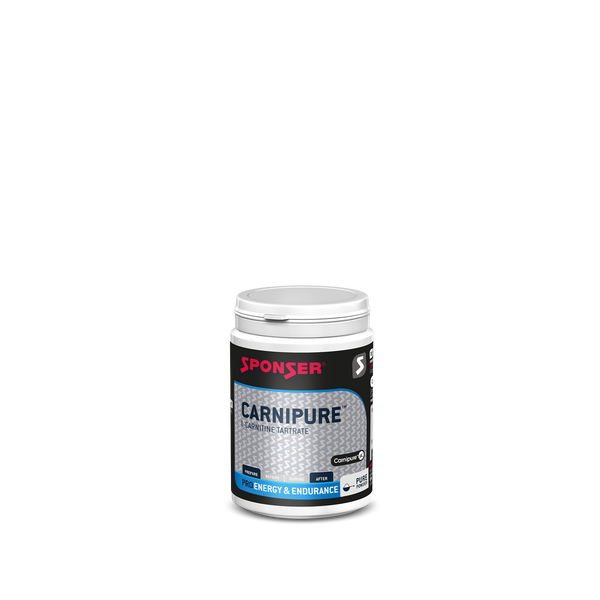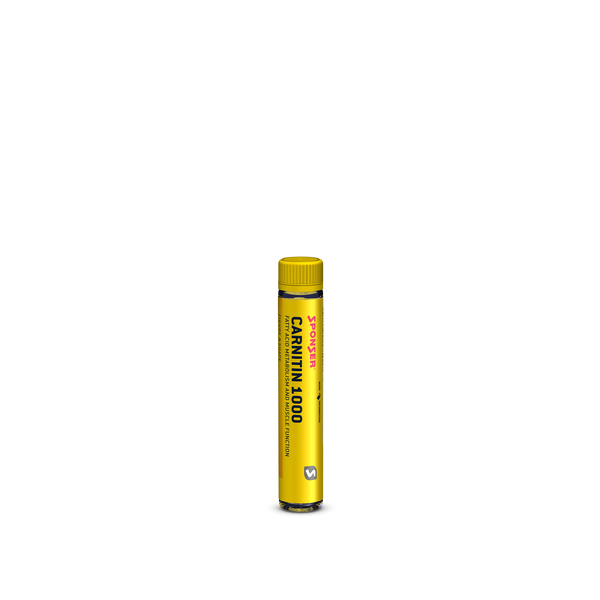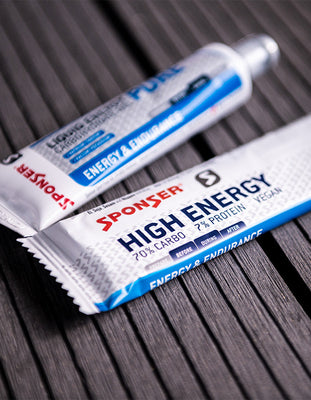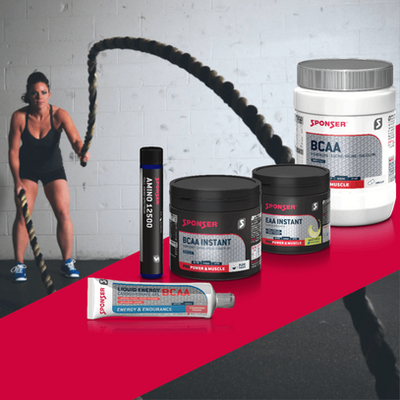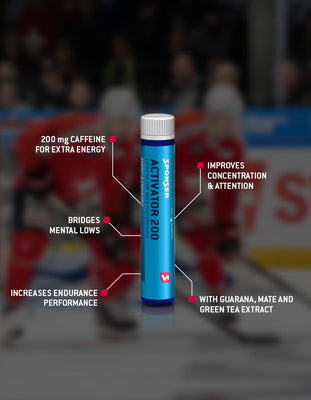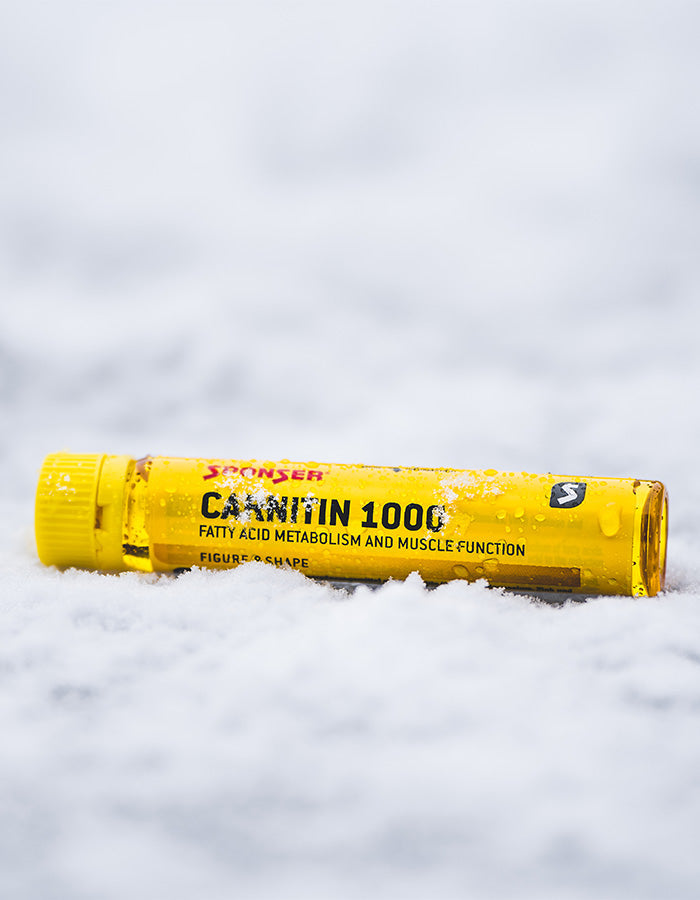
Photo credit: Chris Beck
L-carnitine optimizes fat oxidation and increases endurance
Studies have shown that an increased muscle carnitine content improves fat burning and promotes endurance performance (1,2,3).
Long-term L-carnitine loading
In order to achieve an effective increase in muscle carnitine content in the range of +20%, daily supplementation over 12 weeks is necessary by means of 2 x 2 g of L-carnitine tartrate combined with 80 g of carbohydrates each. On one hand, this increases the fat metabolism during extensive, aerobic endurance exercise. On the other hand, lactate accumulation is slowed down during intensive, anaerobic activities, which ultimately serves overall athletic performance.
However, long-term supplementation with L-carnitine is not appropriate for everyone due to the rather high dose of carbohydrates over an extended period of time. It should therefore be determined individually and also closely controlled. In many cases, a short-term L-carnitine intake may therefore be more suitable and sufficient.
Short-term L-carnitine intake before physical performance
A high-dose supplementation (more than 1000 mg) quite shortly before a sporting activity appears to be a recommendable advice, as circulating L-carnitine is considered to have a vascular, protective effect against oxidative damage on the smallest blood vessels (microcirculation).
L-carnitine from SPONSER
CARNITIN 1000 AMPULLE or CARNIPURE, a pure L-carnitine tartrate, offer an easy way to supplement with L-carnitine. It is recommended to combine the products with a carbohydrate-containing meal or other carbohydrate-rich products (sports drink, recovery shake, bar) in order to avoid the need to take an additional 160 g of carbohydrates per day. This is especially recommended for athletes who have to watch their body weight.
Important to know: Not applicable for the goal of weight loss
The above-mentioned improvement in fat metabolism is accompanied by improved endurance performance in competitive athletes. It would be completely wrong to combine L-carnitine with carboloading as a measure to improve fat metabolism for the purpose of weight loss! Because the focus of a diet is not the maximized fat burning in muscle cells, but a general and long-term increased fat burning to reduce depot fat.
Related articles
on » amino acids
on » fat metabolism
on » performance optimisation
on » endurance performance
shop » figure & shape
Literature
1) Stephens FB et al. (2007): Carbohydrate ingestion augments L-carnitine retention in humans. J Appl Physiol, 102(3):1065-70.
2) Wall BT et al. (2011): Chronic oral ingestion of L-carnitine and carbohydrate increases muscle carnitine content and alters muscle fuel metabolism during exercise in humans. J Physiol, 589(4):963-73.
3) Stephens FB et al. (2013): Skeletal muscle carnitine loading increases energy expenditure, modulates fuel metabolism gene networks and prevents body fat accumulation in humans. J Physiol, 591(18):4655-66.
Author: Remo Jutzeler
Head R&D SPONSER SPORT FOOD
Ing. Applied Food Sciences UAS
MAS Nutrition & Health ETHZ













